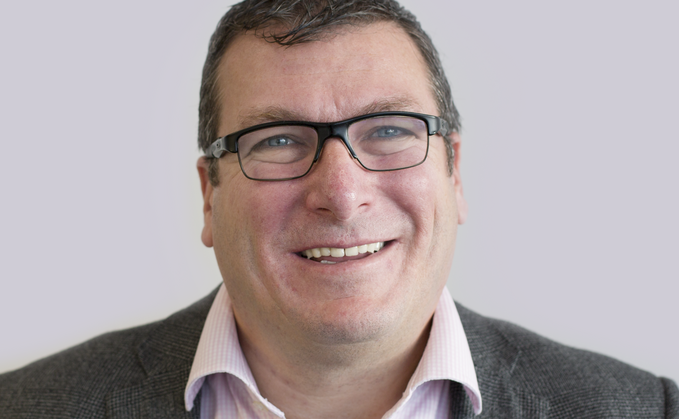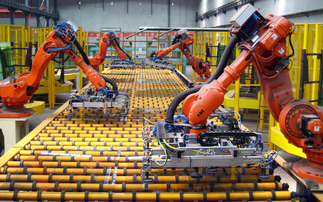
Industry Voice: SSE Energy Solutions' Gary Stalker looks at how pragmatic government policy and enhanced transparency around green energy solutions can bring more businesses on the net zero journey
SSE powers change. And we want that change to be lasting, fair and transparent. That's why, in addition to investing £24bn in new renewables sources and other infrastructure by 2031, we're exploring...
To continue reading this article...
Join BusinessGreen
In just a few clicks you can start your free BusinessGreen Lite membership for 12 months, providing you access to:
- Three complimentary articles per month covering the latest real-time news, analysis, and opinion from Europe’s leading source of information on the Green economy and business
- Receive important and breaking news stories via our daily news alert
- Our weekly newsletter with the best of the week’s green business news and analysis







